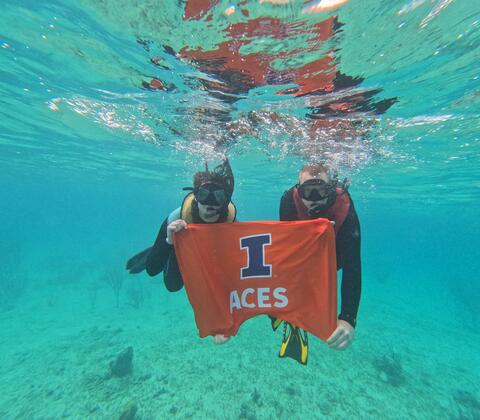

Every student, even if in the same program or country, will experience studying abroad differently. Commonly held beliefs and values may be very different country by country and can affect your experience. It is important to research cultural expectations in your destination country and how you can ensure you are prepared for any potential challenges.
Cultural norms around gender, ethnicity, sexuality, and others may vary greatly from country to country. Identity and forms of discrimination such as racism and sexism can take different forms in different cultures. While abroad, you may be perceived differently than you see yourself.
Students are encouraged to reflect on currently held identities and how these identities may be affected based on location, duration, and experience abroad. You may find that certain aspects of your identity become stronger while abroad (e.g. religious affiliation, national identity) while others may not be as prioritized.
In addition, it is possible to experience racism and discrimination in very different ways than you have experienced at home. Experiences abroad may promote growth and intercultural learning, but can also be challenging and uncomfortable at times. Our goal is to help you prepare for these potential challenges by promoting an understanding of cultural context.
We encourage you to support classmates whenever possible and learn about identities outside of your own to ensure understanding and inclusivity for all. Familiarizing yourself with your own personally held identities and the values of others can be extremely helpful when learning to navigate new customs and cultures.

Consider the following:
Before you go, research your destination:
Food for thought and discussions with friends, family, and classmates:
227 Mumford Hall, MC 710
1301 W Gregory Dr.
Urbana, IL 61801
Email: aces@illinois.edu